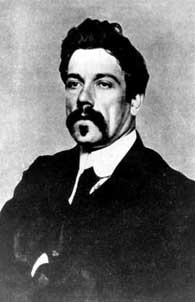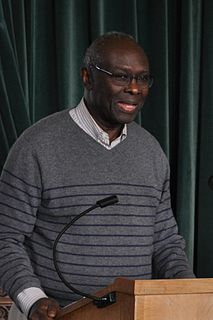A Quote by Alvaro Enrigue
Walter Benjamin used to think that languages expand their register thanks to translation, because translation forces ways of using words and structures that were alien to the original speaker of the target language.
Related Quotes
In translation studies we talk about domestication - translation styles that make something familiar - or estrangement - translation styles that make something radically different. I use a lot of both in my translation, and modernism does both. For instance, if you look at the way James Joyce presents Ulysses, is that domesticating a classic? Think of it as an experiment in relation to a well-known text in another language.
I don't speak any languages well enough to make an expert assessment on writing in translation, but since I'm interested in awkwardness in prose, I find I like the way translated texts can sometimes acquire awkwardness in the process of translation. There's a discordance translation can create which I think is sometimes seen as a weakness but which I think can be a really interesting aspect of the text.
There is an old Italian proverb about the nature of translation: "Traddutore, traditore!" This means simply, "Translators-traitors!" Of course, as you can see, something is lost in the translation of this pithy expression: there is great similarity in both the spelling and the pronunciation of the original saying, but these get diluted once they are put in English dress. Even the translation of this proverb illustrates its truth!




































